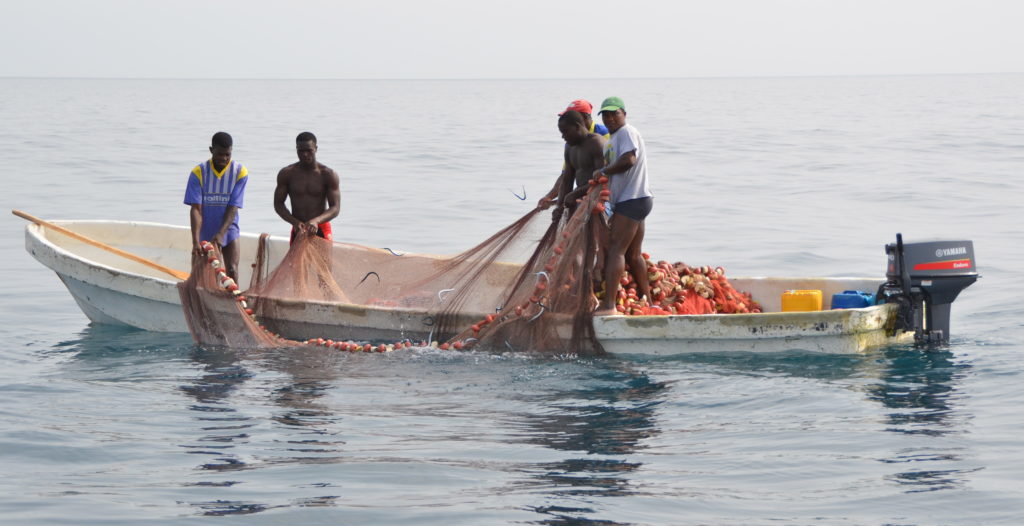
Artisanal fishing: The environmental impact in Guadalcanal Province.
Abstract
The Fisheries Management Act (No. 2 of 2015), in the Solomon Islands’ Environmental Statute, seeks to ensure a fisheries management system that promotes long-term conservation and sustainable utilization of the fisheries resource. This requires that both coastal and continental artisanal and off-shore commercial fishing are conducted in a manner that preserves the fish habitat, protects the coastal reef ecosystem, prevents pollution of the coastal environment, including mangroves and swamps, and ensures that the resource benefits the people across time (Price et al.. 2015, p. 11). The use of destructive methods hitherto considered environmentally benign, are transitioning to enterprises that pose significant ecological threats (Sabetien and Foale, 2006, p. 3). To protect the environment and ensure the sustainability of the fish resource, increase food production and safeguard food security, guarantee sustained economic growth and the wellbeing of the people (SINSO & MoFT, 2015, p. 2), the full impact of the use of explosives, poisonous and other noxious substances (natural stupefacient agents), among artisanal fishers, must be established. The multivariate regressional analysis is used in this study to examine the environmental effect of artisanal fishing practises, as well as their impact on the fish stock. Out the effect of all covariates and residuals, we establish the consequence of fishing methods on coral reefs, the coastal environment and the impact of fisher behaviour on the stock.
Investigators
Dr. Kofi O. Apreku, Mr. Solomon Pita and Capt. Daefa Staling
